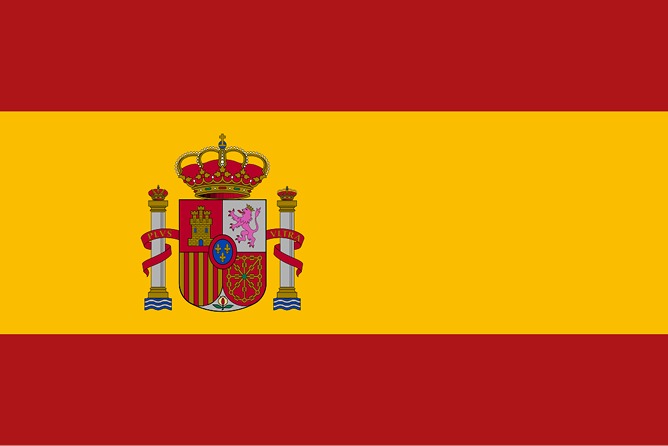Não conseguimos encontrar a internet
Tentando reconectar
Algo deu errado!
Aguarde enquanto voltamos ao normal

Are Brazilian Beef Companies In Accordance With The China Meat Association Specification For Meat Industry Green Trade?
03/06/24Instituto do Homem e Meio Ambiente da Amazônia (Imazon), Instituto O Mundo Que Queremos e Radar Verde - Are Brazilian Beef Companies In Accordance With The China Meat Association Specification For Meat Industry Green Trade?. Belém e São Paulo: 2023.
Introduction
Between 2009 and 2022, Brazilian beef exports to China increased by 476%, reports the Brazilian Beef Exporters Association (ABIEC)(1). This surge in exports, coupled with the lax enforcement of environmental regulations by the domestic market and Brazilian governmental bodies, has significantly accelerated deforestation rates in the Amazon and Cerrado regions, according to studies by Barreto et al. (2023), Reis et al. (2023), and Vasconcelos et al. (2024).
This persistent deforestation poses a grave threat to Brazil’s efforts to combat climate change, as land use changes contributed to nearly half of the country’s emissions in 2022, as highlighted by the Observatório do Clima (2023). Furthermore, the accelerated deforestation and climate change exacerbate the risks of extreme weather events, jeopardizing Brazil’s ability to sustainably increase food production (Kevin Dong et al., 2024; The Economist, 2023; Whiting, 2022) (Rattis et al., 2021; World Weather Attribution, 2022, 2024). Such challenges not only affect Brazil but also have implications for China, a nation deeply concerned about climate change and food security (Kevin Dong et al., 2024; The Economist, 2023; Whiting, 2022),.
In line with China’s goals regarding food security, the China Meat Association (CMA) and the World Wildlife Fund (WWF) jointly announced the Chinese Sustainable Meat Declaration in 2017 (WWF, 2017). This initiative, signed by 64 company members, aims to address deforestation linked to beef demand by promoting sustainable meat production, trade, and consumption. The declaration outlines commitments such as conserving nature and resources, avoiding illegality in animal husbandry and meat production, and improving supply chain traceability and transparency.
To operationalize these commitments, the CMA released the Specification for Meat Industry Green Trade in December 2021 (China Meat Association, 2021). This specification serves as a guideline for promoting environmentally friendly practices within the meat industry.
In our report, we assess if meatpacking companies authorized to export beef from the Brazilian Amazon to China and Hong Kong are in accordance with the Chinese meat industry’s green trade specifications. We included Hong Kong in the analysis because it reexports some of the beef to mainland China (Chung, 2022). Our evaluation relies on Radar Verde 2023 results, a tool that assesses meatpacking companies’ commitment to zero deforestation policies. Radar Verde seeks evidence of companies adopting zero-deforestation policies to ensure that the beef they sell is not associated either directly or indirectly with Amazon deforestation (Imazon & O Mundo Que Queremos, 2023).
Download the report here.
 PT
PT
 ES
ES
 EN
EN

